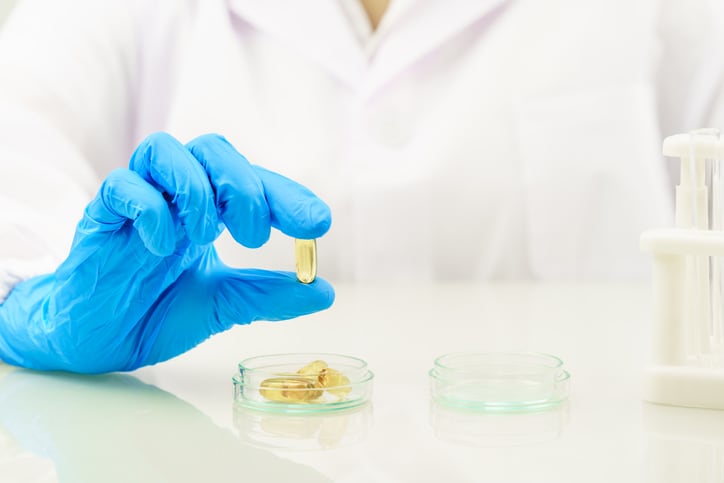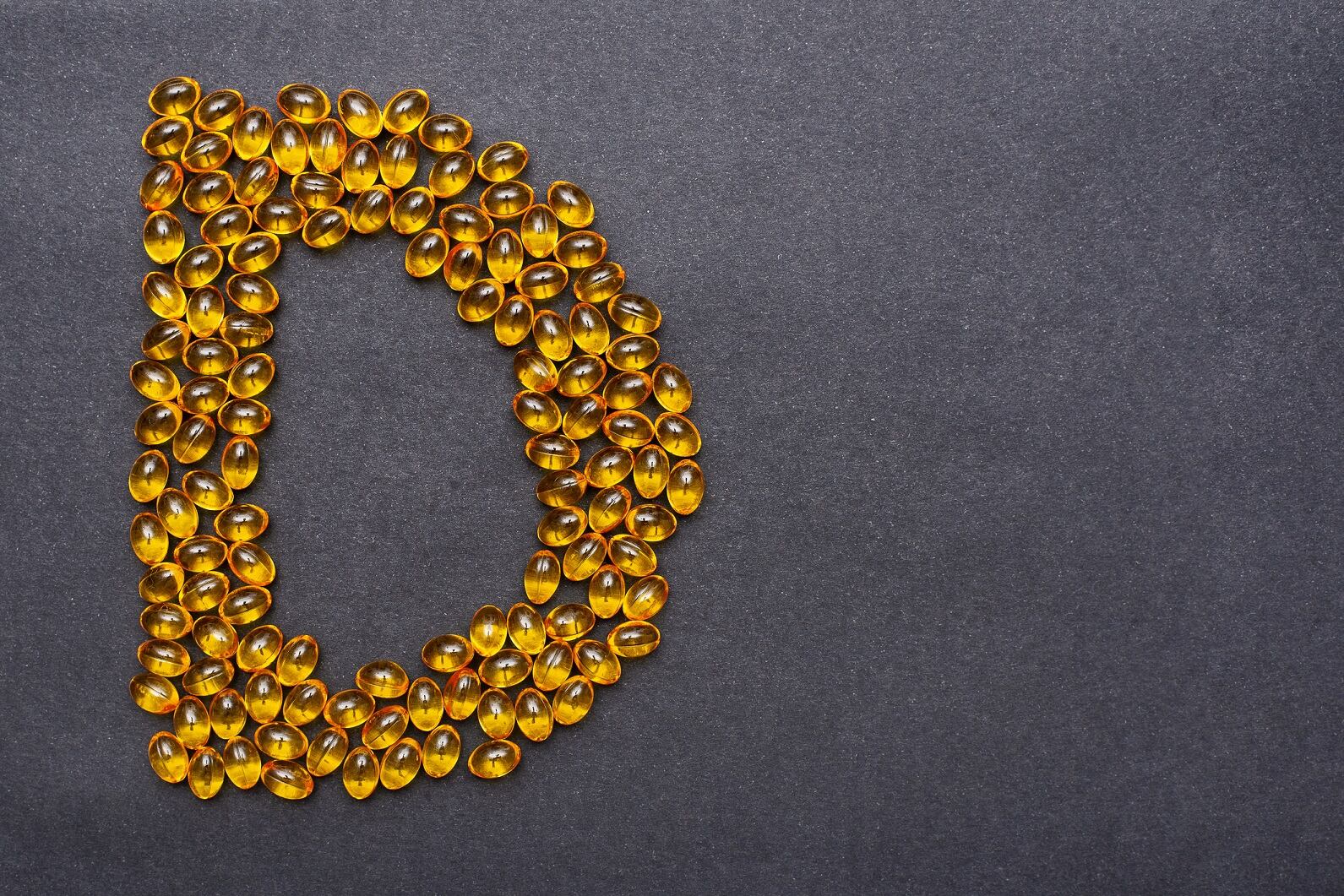For many, the pandemic has served as a reminder to focus more on their health. “Americans, especially supplement users, recognize the critical role dietary supplements play in helping to support health and wellness during COVID-19. According to recent results from CRN’s COVID-19 survey, the majority of Americans (85%) believe the pandemic is a reminder to take care of their overall health, and the majority of supplement users (88%) believe it is important that they continue incorporating dietary supplements into their lifestyle in light of the pandemic,” explained Brian Wommack, senior vice president of communications, Council for Responsible Nutrition.
During the interview, Dr. Fauci highlighted the benefits of supplementing with vitamins D and C. "If you're deficient in vitamin D, that does have an impact on your susceptibility to infection. I would not mind recommending, and I do it myself, taking vitamin D supplements," he said. "The other vitamin that people take is vitamin C because it's a good antioxidant, so if people want to take a gram or so of vitamin C, that would be fine."
Loren Israelsen, President of United Natural Products Alliance, said Dr. Fauci is leading by example. “Recognition that Vitamin C and D provide meaningful benefits in battle against Covid-19 is important news for all of us. Vitamin D deficiency, which is a widespread problem, is associated with greater risk of infection. Supplemental Vitamin D should be a key part of most everyone's health regime right now. Likewise, Vitamin C is the go to antioxidant, another key to a robust immune system.”
Research
Indeed, several scientific publications have suggested that vitamin D supplementation may be a promising and safe approach to reduce risk of COVID-19 infections and deaths. Meta-analyses of randomized clinical trials (RCTs) have shown that vitamin D3 supplementation reduces the risk of acute respiratory tract infections.
Most recently, research led by David Meltzer, MD, PhD, Chief of Hospital Medicine at UChicago Medicine, found that patients who had vitamin D deficiency (less than 20ng/ml) that was not treated were almost twice as likely to test positive for the COVID-19 compared to patients who had sufficient levels of the vitamin.
When it comes to vitamin C, The New York Post reported that medical teams in New York’s largest hospital system, Northwell Health facilities, were treating coronavirus patients with massive doses of vitamin C after learning of promising reports that it’s helped patients in China.
Dr. Andrew Weber, a critical-care specialist affiliated with Northwell Health facilities, noted that vitamin C levels can drop in patients with acute respiratory infections, giving cause to increase levels. Weber told the Post , “The vitamin C is administered in addition to such medicines as the anti-malaria drug hydroxychloroquine, the antibiotic azithromycin, various biologics and blood thinners,” adding that the patients who received vitamin C did significantly better than those who did not get vitamin C. “It helps a tremendous amount, but it is not highlighted because it’s not a sexy drug.”
Sexy or not, data shows that 43% of supplement users shifted their supplement routine in some way during the pandemic and of those who changed their regimen, 91% increased supplement intake, according to CRN. "This subset of supplement users cited the highest increased intake of the multivitamin (59%), vitamin C (44%) and vitamin D (37%). With respect to reasons for increasing intake, supplement users report overall immune support (57%) and health and wellness benefits (53%) as the most common reasons for increasing supplement usage during the pandemic.”


